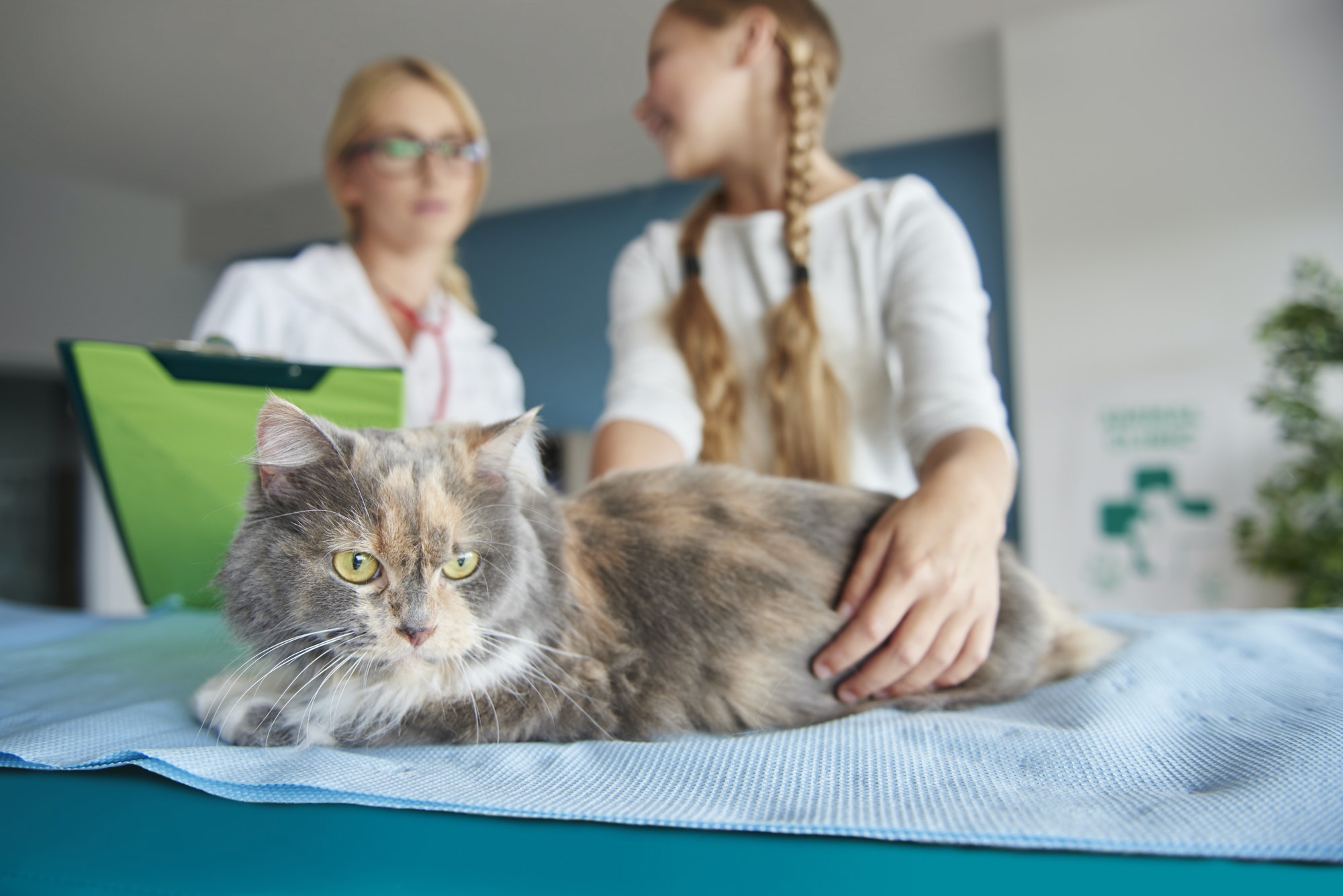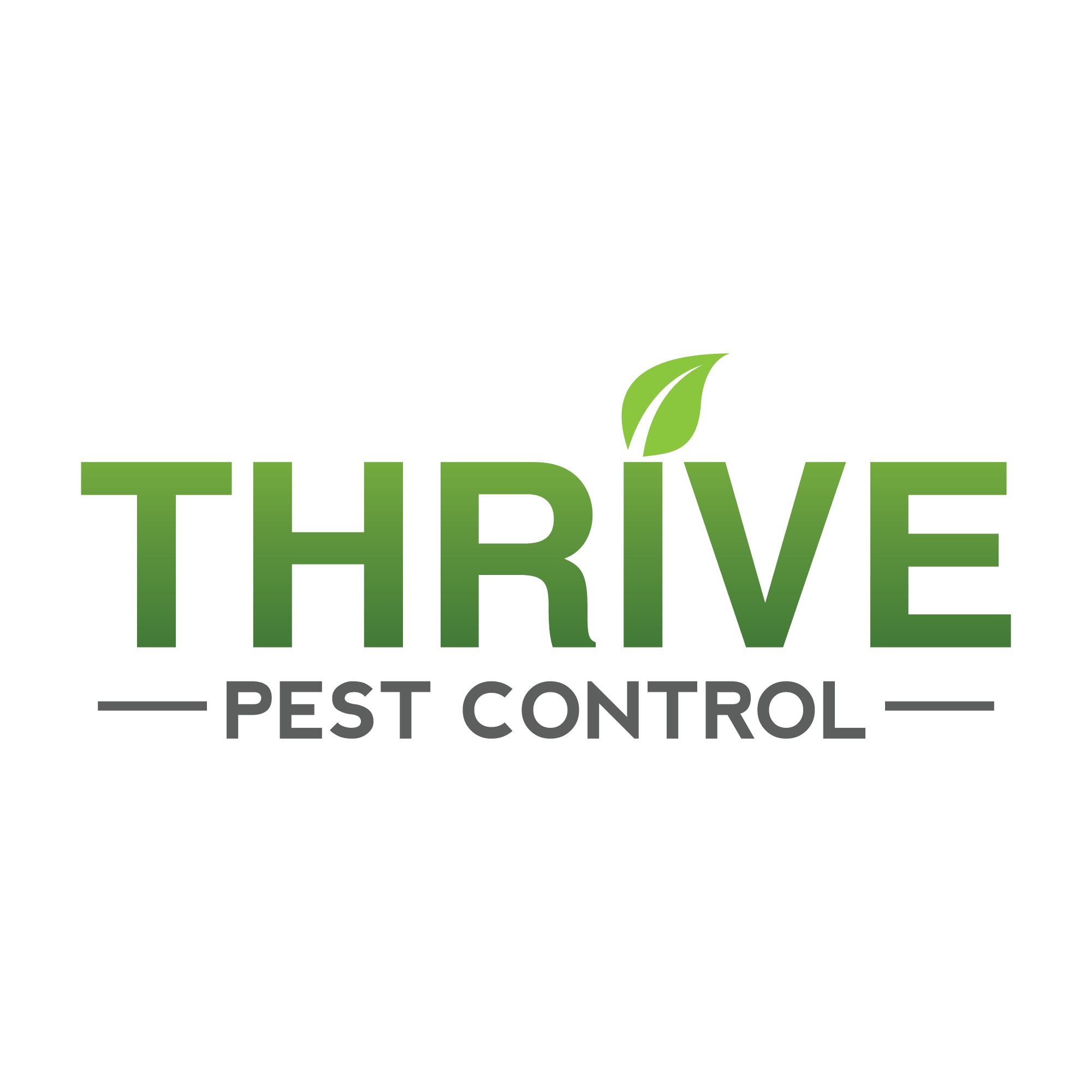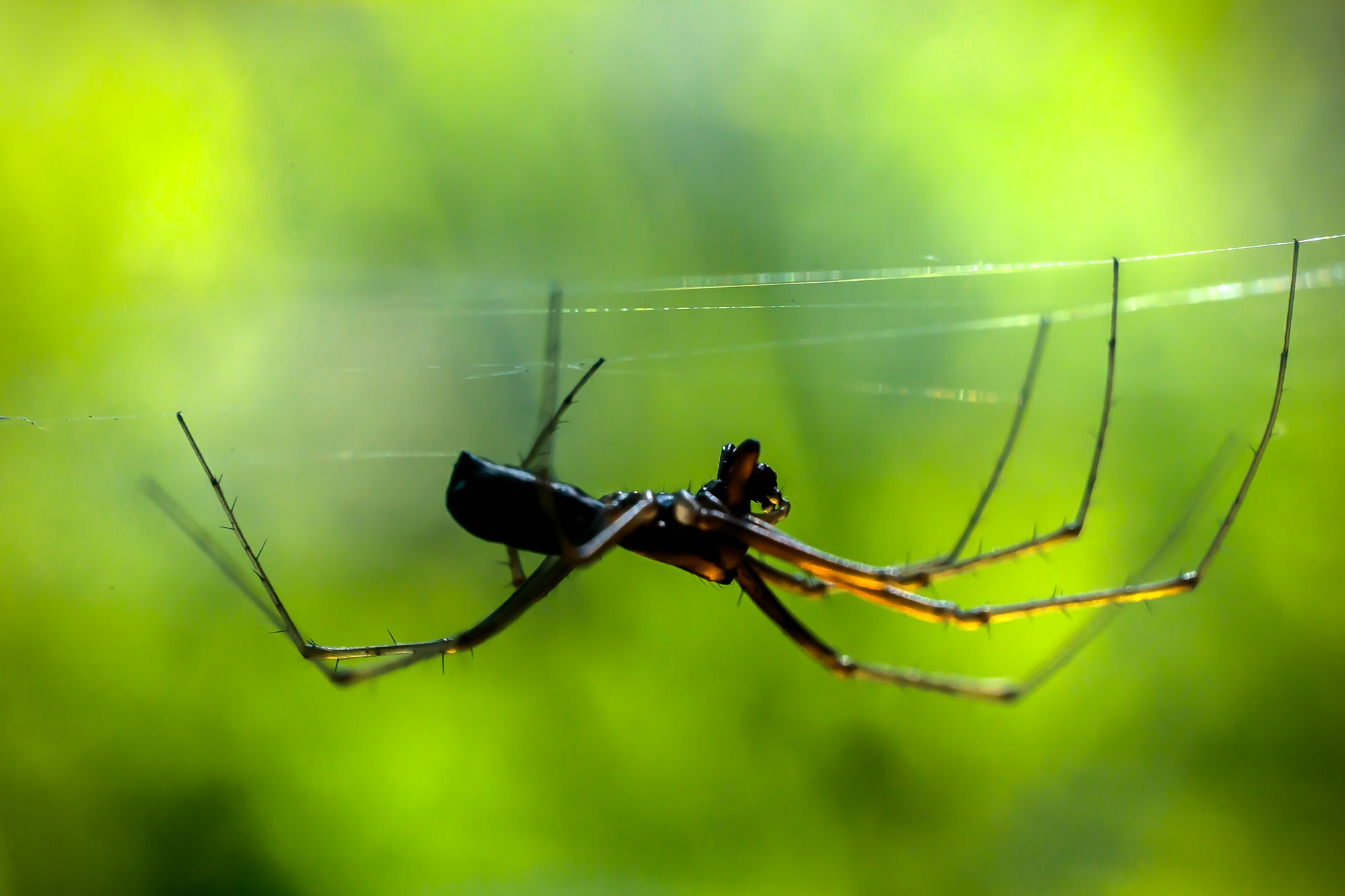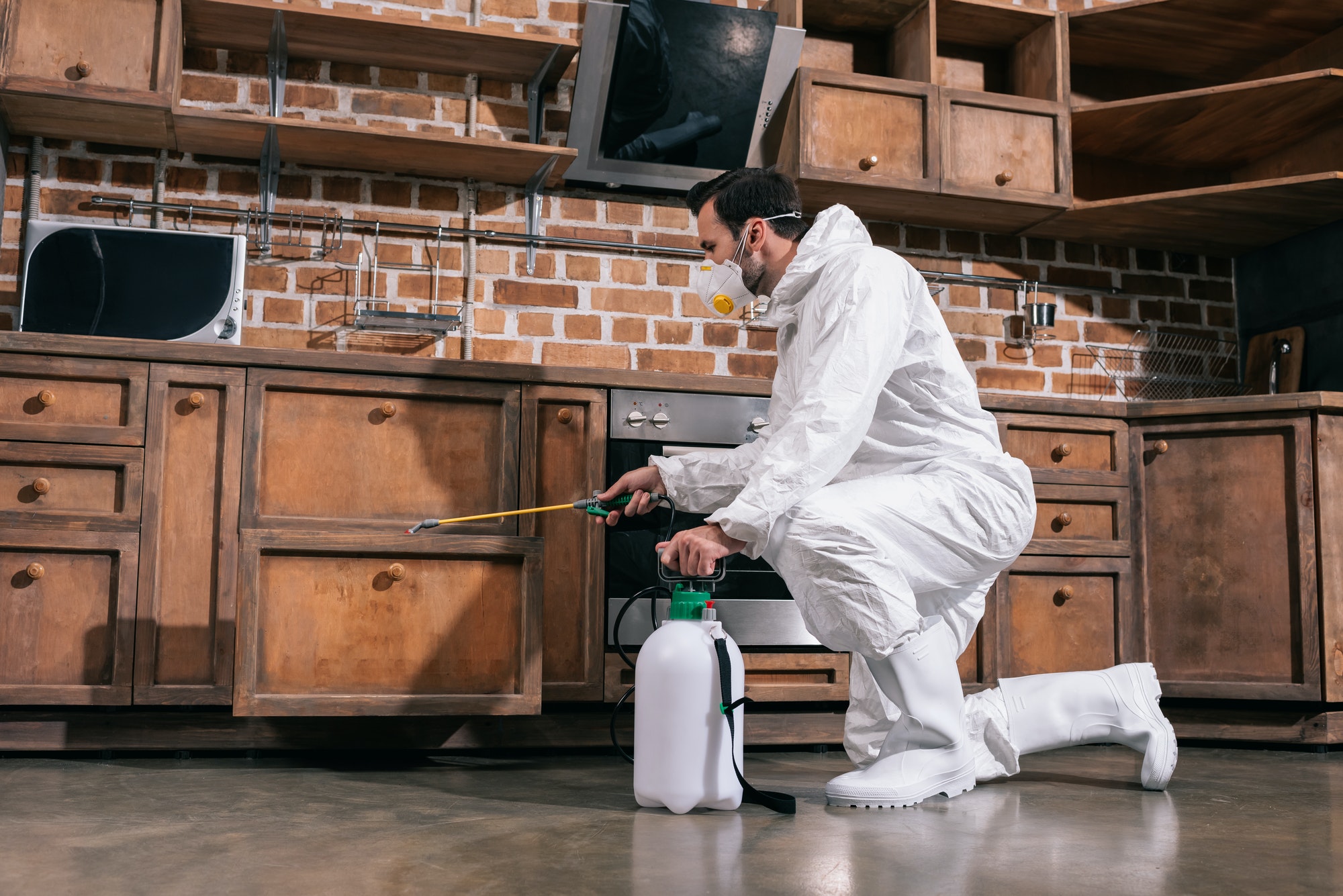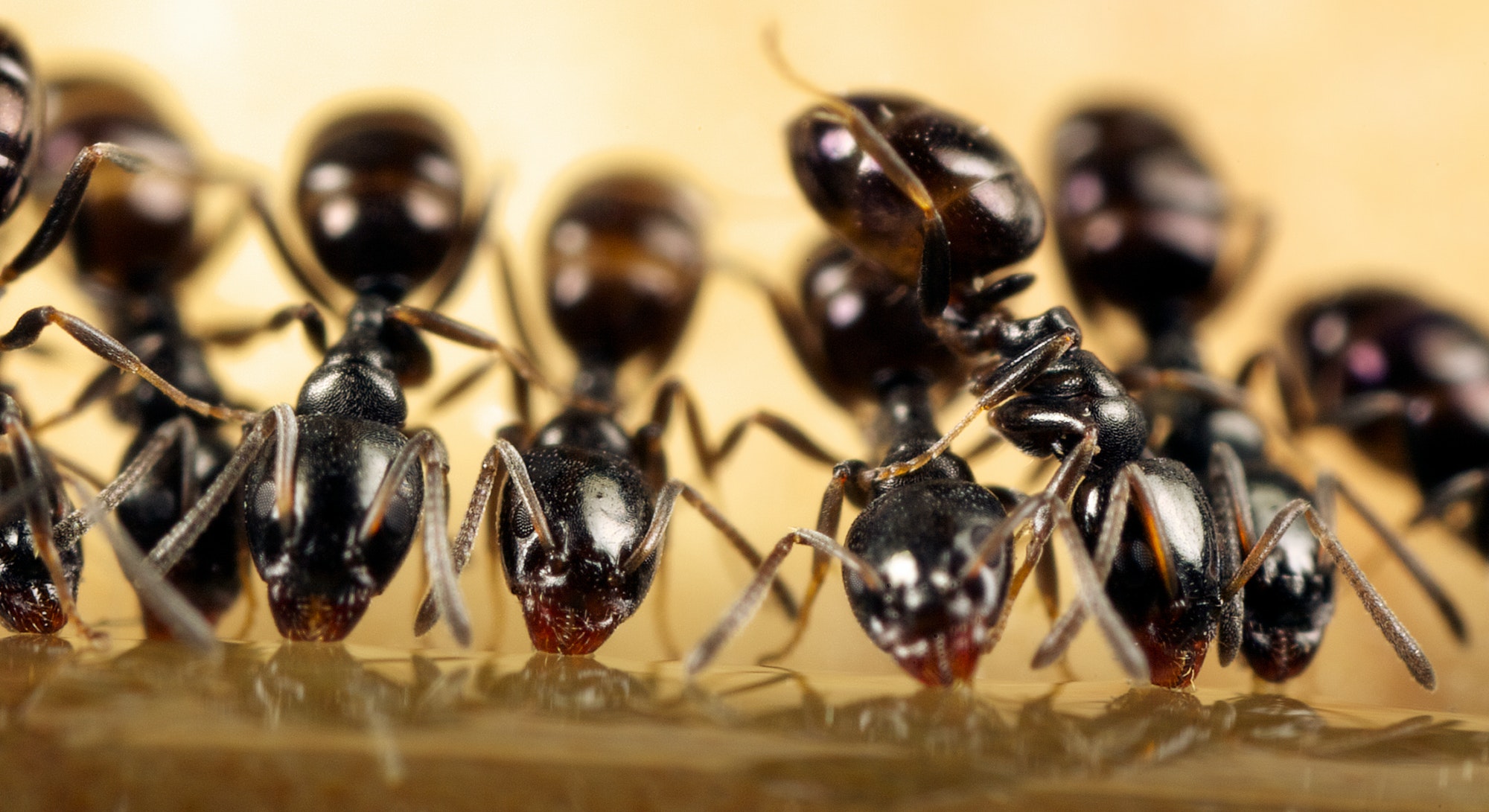Will Pest Control Hurt Cats?
Pets are important members of our family. They keep us company, protect us, reduce stress, and even give us a reason to exercise. The American Veterinary Medical Association estimates there are over 76 million dogs and 58 million cats in the United States, with 38.4 percent of U.S. households owning dogs and 25.4 percent owning cats in 2017. As pet owners, we want to keep our furry friends safe, but also want to keep pests out of our homes.
This can be a very challenging thing to do. Pets, like cats, are naturally curious and will get into anything and everything. Because of this, they are at risk of being poisoned by pesticides that are used in and around the home, products used to control rodents and slugs, and even garden products. Pesticides are very harmful to cats because of the way they are exposed to them, the chemicals pesticides contain, and the amount they are exposed to.
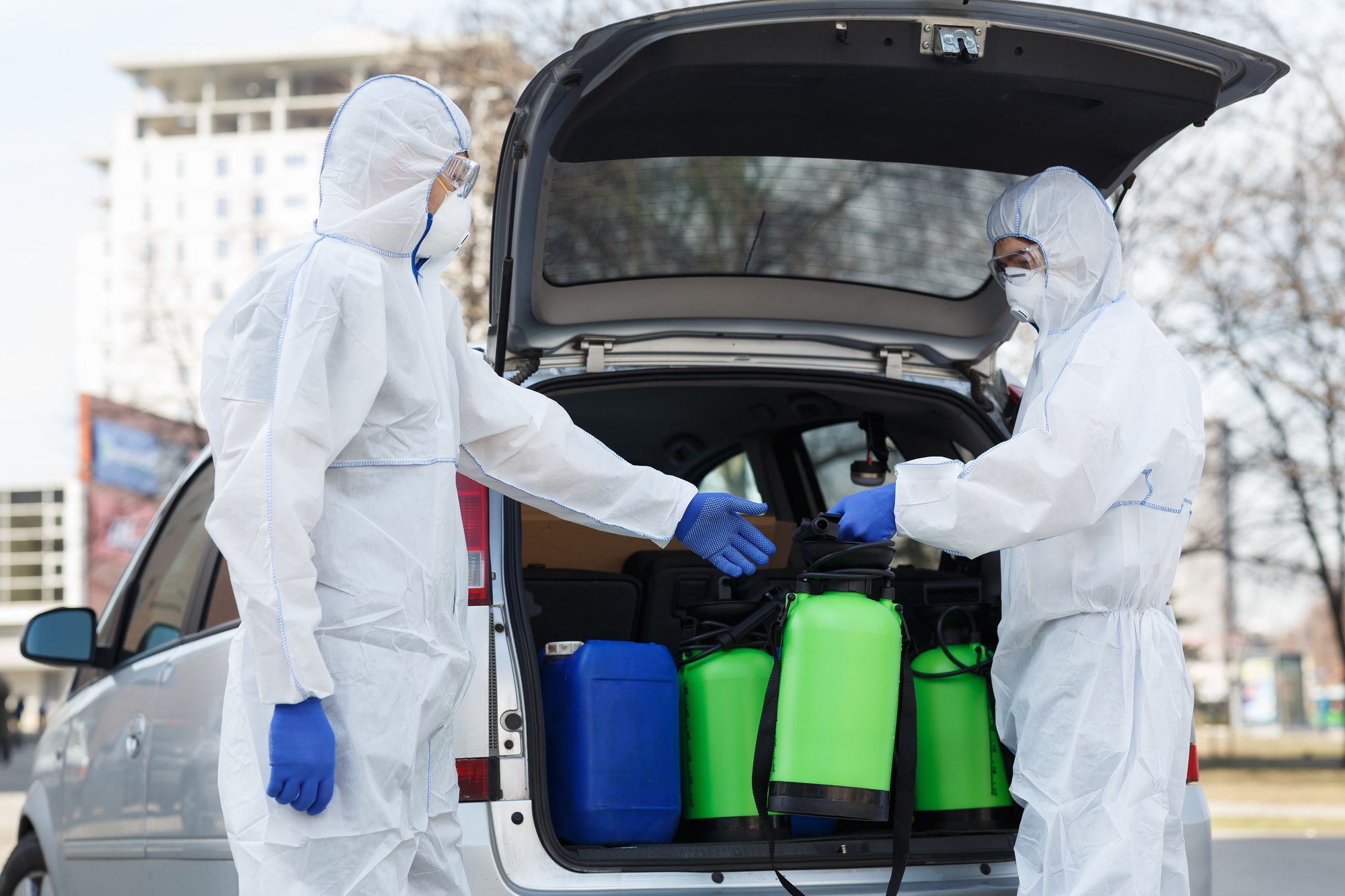
Pesticides are sprayed along the edges of doorways, window seals, and frames. All places where cats like to rest. According to PetCareRx, cats should not be exposed to the area that was sprayed until it is dry or 72 hours later to ensure it is safe.
Cats could also be exposed to pesticides by secondary poisoning. This happens when a cat eats a rodent or insect that has been exposed to or has eaten the pesticide. Although the poison would not be as strong, it can still cause an effect on the cats.
Insecticides were in the American Society for the Prevention of Cruelty to Animals’ list of top 10 causes of pet poisonings in 2018 and 2019. Common pesticides contain harmful ingredients like amitraz, acephate, carbofuran, and chlorpyrifos. These cause severe reactions and even long-term cognitive issues. Since cats have no way of telling their owners they feel ill and cannot describe their symptoms, owners have to rely on signs like drooling, vomiting, diarrhea, tremors, uncoordinated walking, and seizures. If the owner sees any of these signs and has recently used a pesticide, they should take their pet to a vet immediately.
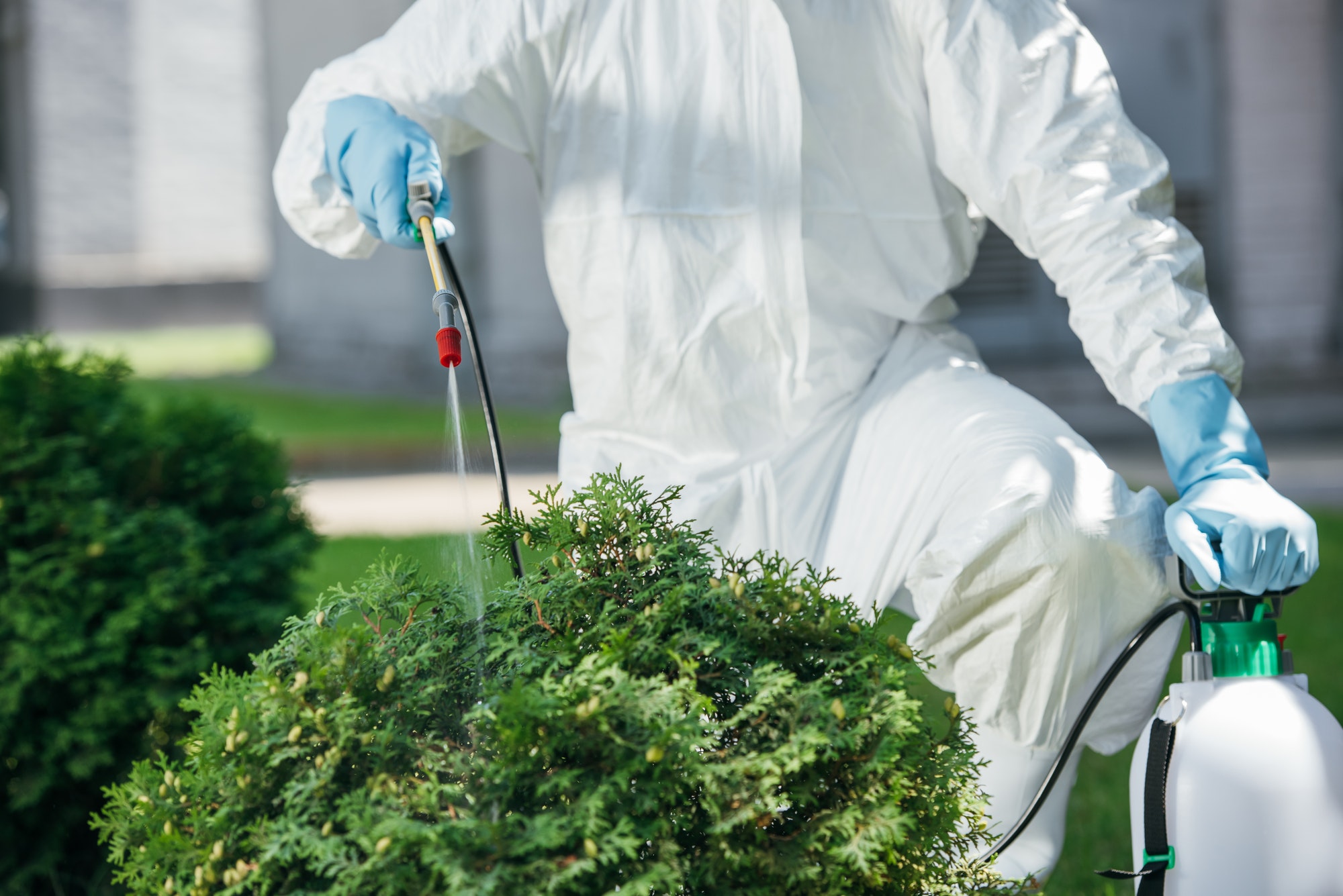
Cats are sometimes less likely to recover from pesticide poisoning compared to dogs. This is due to their size, cats are generally smaller animals, even a small dose of pesticide can be very fatal. This pesticide can come from direct ingestion, like grooming or eating food contaminated with pesticide or secondary poisoning from eating a rodent or insect. They also process chemicals differently, according to Cats Protection, cats have different biological mechanisms that make them less able to safely eliminate a toxin from their body.
Cats are subjected to pesticide poisoning be many ways. As owners, we have to find ways to prevent this and keep them safe. Although it sounds hard, there are many ways this can be accomplished. First, owners could use pesticides that do not contain harmful ingredients. Pesticides containing midacloprid, lufenuron, nitenpyram, and pyriproxyfen are safe for cats and other pets.
The second way would be to keep cats in a safe spot until the pesticide has dried completely and to keep an eye out for any symptoms. The third way would be to make sure to get rid of any dead insects or rodents from the house to avoid secondary poisoning. Cats can recover from pesticide poisoning if the timing is correct. The sooner the cat has medical attention, the less time the poison has to make its way through the cats system. Those cats who receive immediate attention will return to their normal selves in no time.
